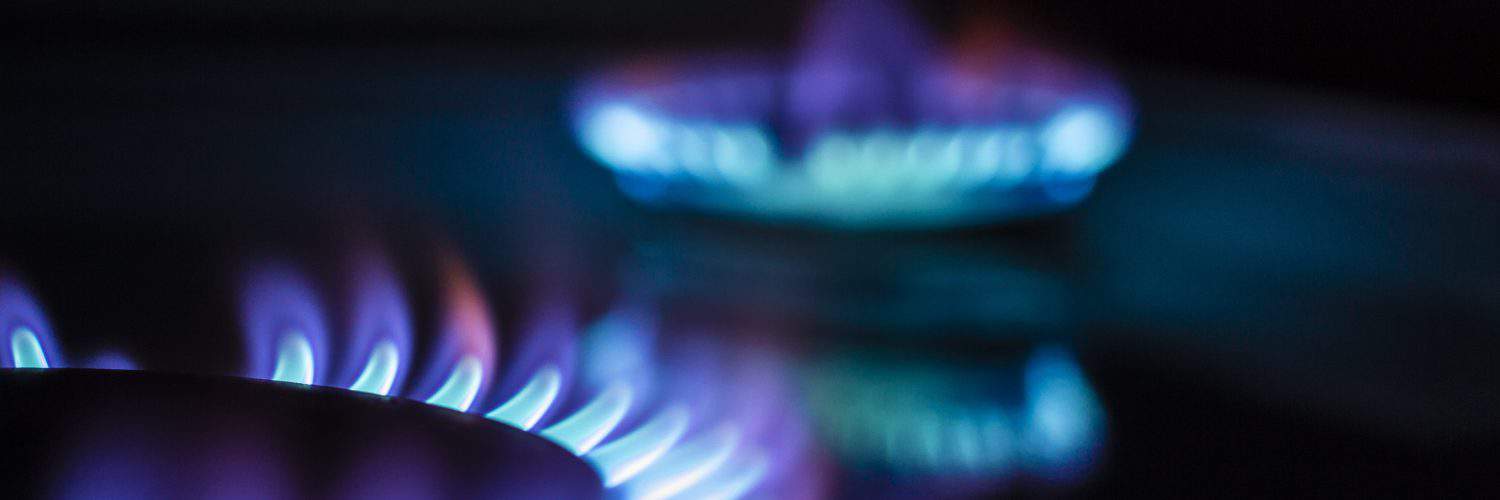Henry Hub natural gas futures continue to fall from the record highs in August 2022, reaching a three-month low on Wednesday. Prompt-month futures for November are trading at US$5.38/MMBtu as of 2:45pm EDT Thursday afternoon, down over $0.97 from a week earlier. Strong US gas production and reduced liquified natural gas (LNG) exports have narrowed the domestic storage deficit heading into the winter withdrawal season, putting downward pressure on prices. The EIA reports US dry gas production set an annual record in 2021, increasing by 3.5% from 2020, and is forecasted to continue to grow in 2023. It is expected the Freeport LNG export facility in Texas, that has been offline since the June 8th explosion, will return to at least partial service in early to mid-November. Once Freeport returns to service, US LNG exports may be initially slow to ramp up due to unavailable LNG vessels, as ships are waiting to get into European ports; European gas storage is nearly full at over 90% of capacity, and energy firms need to determine where to store the gas. The risk of volatility remains, however, as cooler temperatures can quickly push the market higher.
The EIA estimated working gas storage was 3,342 Bcf for the week ending October 14th, following an overall injection of 111 Bcf. This is the fifth consecutive triple-digit injection, and significantly above the five-year average of 73 Bcf. Storage levels are now 3.1% below year-ago levels and, relative to the five-year average, 5.2% less. An injection of 82 Bcf is expected for the week ending tomorrow.
In Canada, prompt-month futures for AECO are trading at C$5.20/GJ, while Dawn is trading at C$6.71/GJ. Prices have fallen, with week-over-week decreases of $0.45/GJ and $1.12/GJ at AECO and Dawn, respectively. Point Logic reports Canadian natural gas storage for the week ending October 14th was sitting at 616 Bcf, after an overall injection of 13 Bcf. Eastern Canadian storage had an injection of 8 Bcf and Western Canadian storage had an injection of 5 Bcf. Storage levels are now 11% below the 5-year average and 8% below storage levels last year at this time. Canadian storage is 71% full, with Eastern storage levels now at 95% of capacity and Western storage significantly lower at 62%. An injection of 10 Bcf is expected for the week ending tomorrow.
– Karyn Morrison, Energy Advisor








Add comment